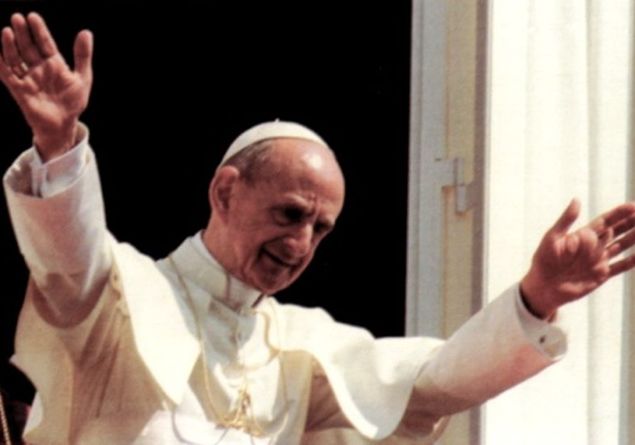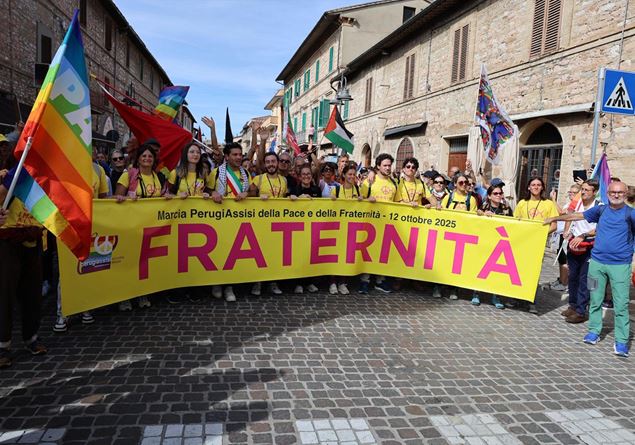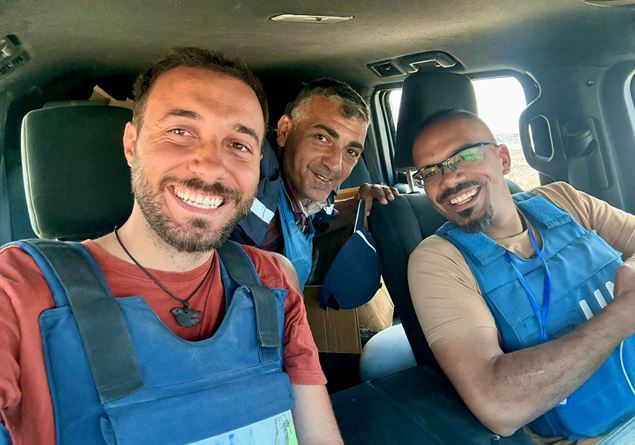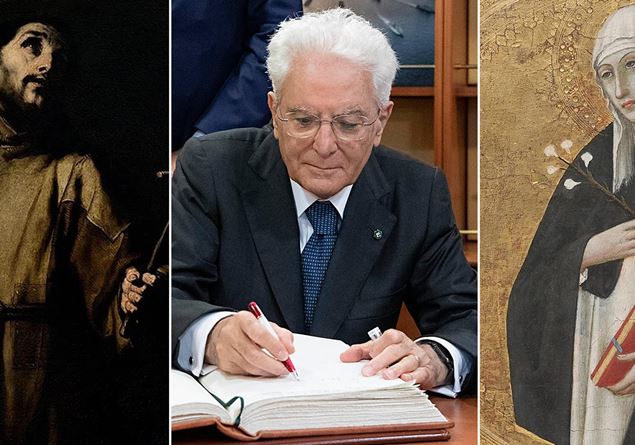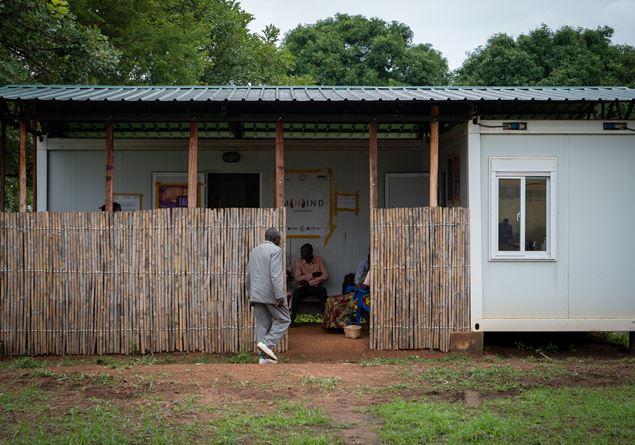Strange destiny, that of Paul VI. It was first criticized, then contested and finally simply forgotten, put aside without many compliments, stamped with particularly scratched definitions: “The Pope of doubt”, “Hamlet”, “Paolo Abba”. Today, regarding his figure with the rigor of historians, Paul VI appears to have been much more. He was the first pope of the twentieth century to cross the Italian borders. After 2000 years he meant that Pietro returned to the Holy Land. He traveled to Africa, America, Oceania and Australia, Asia, almost at the gates of China. It was the first pontiff who kept a speech at the United Nations, in New York he spoke on Monday 4 October 1965, with that “never the war” that many remember in French, the language with which he launched the heartfelt invitation: “Jamais Plus Les Uns Contre Les Autres, Jamais, Plus Jamais”). Giovanni Battista Montini was even the first Pope victim of an attack, on live TV. It happened in the Philippines, in Manila, in November 1970: Paolo VI broke out at the stabbing of the Bolivian painter Benjamin Mendoza, who also wounded him, only thanks to the readiness of his secretary, Don Pasquale Macchi, who pushed the attacker to the side. Paul VI has “ferry into the world” the church that came out of the Council. He dialogue with modernity without fleeing it or condemning it a priori. He faced the Vietnam War with the nude weapons of the Gospel.
Paul VI’s liturgical memory is celebrated on May 29th, Instead of August 6, the day of his death (but precisely for his own dies Natalis, or the day of his birth to heaven) because May 29, 1920 Giovanni Battista Montini was ordered priest and why Holiness Paul VI also consisted and above all in living in the maximum degree “his vocation as a priest, bishop and supreme pontiff”, as the prefect of the congregation for divine cult and the discipline of the sacraments, Cardinal Robert Sarah wrote. In any case, it is appropriate to remember what was and did this pope because now we are experiencing an ecclesial season that owes so much to the Pope of Brescia origins. Including accent on mercy, which has colored, for example, the last Holy Year (8 December 2015 – 20 November 2016). Yes, because among the inspirers of Jorge Mario Bergoglio there is certainly this predecessor of his. Pope Francis makes no secret. More than words, however, as always, the facts count. And then: the outgoing church, the synodal church, that is, to walk together, the Church that scrutinizes the signs of the times without false optimisms but without being perched, more travel companion than cold preceptor, this church that we breathe every day has so much of Paul VI. It was no coincidence that it was he who in the speech with which the Second Vatican Council closed on 7 December 1965, He spoke of a “Samaritan” church, “agella of humanity”, more inclined to “encouraging remedies” than to “depressing diagnosis”, to “confidence messages” than to “fatal omens”.
An reasoned gratitude Bergoglio expressed him aloud on October 19, 2014, proclaiming Blesato Montini (Pope Francis himself canonized Montini, together with the archbishop martyr Oscar Arnulfo Romero, on October 14, 2018). “Against this great Pope,” said Francesco, “of this courageous Christian, of this tireless apostle, before God we can only say a word as simple as it is sincere and important: thank you! Thank you our dear and loved Pope Paul VI! Thanks for your humble and prophetic testimony of love to Christ and his Church! In his personal annotations, the great helmsman of the Council, in the aftermath of the closure of the conciliar assembly, wrote: “Perhaps the Lord called me and cares about this service not so much because I have some attitude there, or so that I govern and save the Church from his present difficulties, but because I suffer something for the Church, and it is clear that he, and not others, guidance and saves it”.
“In this humility the greatness of Blessed Paul VI shines”, continued Bergoglio, and they are reflections that do not cease to be current: “While a secular and hostile society was looming, he has been able to conduct foreign wisdom – and sometimes in solitude – the helm of Peter’s boat without ever losing joy and trust in the Lord. Paul VI has really been able to give God what is of God by dedicating his whole life to the “sacred, solemn and very serious commitment: very serious: To continue over time and to dilate the mission of Christ on earth “, loving the Church and guiding the Church to be” at the same time loving mother of all men and dispenser of salvation “”.
Giovanni Battista died in summer, in the summer residence of the Popes. The nearby via Appia was crowded with unaware people, if possible even more attached of vacation because never as in those days burdened with thoughts. The long -awaited economic recovery had not been of the awaited measure (not surprisingly it was archived as “recovering” soon; little thing, in short). For the rest, dismay and fear had had the upper hand: the terrorism of the red brigades; the seizure and murder of Aldo Moro; A devastating political-institutional crisis resulting from the Lockheed scandal, culminating in the resignation of the then President of the Republic, Giovanni Leone (June 15), to which, on July 9, Sandro Pertini took over. August 6, 1978 was a Sunday. In Castel Gandolfo, in the summer home of the Pontiffs, the clock marked 9.40 pm. Giovanni Battista Montini, Paolo VI, Pietro’s 262nd successor, turned off as he wanted: far from the spotlight and wakeks of people who had accompanied Angelo Roncalli’s agony, John XXIII, and who over the years would have marked the last hours of Karol Wojtyla, John Paul II. “He had prayed God to allow him a farewell in solitude,” he noted some time ago Happenthe Catholic newspaper: “He was fulfilled”. Not only that. Paul VI died on a particular day, full of symbolic meaning, that of the transfiguration: a party that he loved to the point of having chosen it, in 1964, to publish his first encyclical, theEcclesiam Suem.





